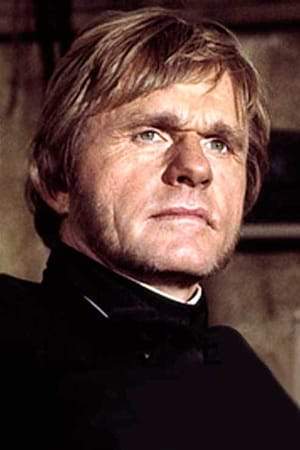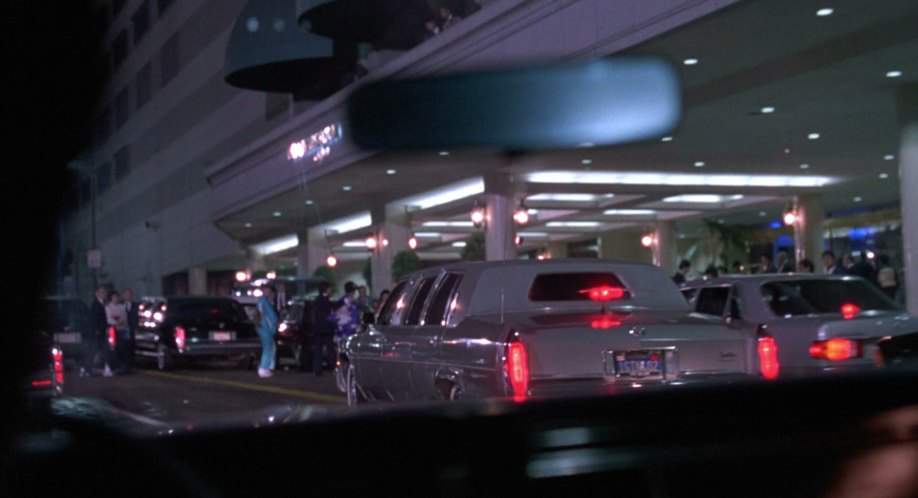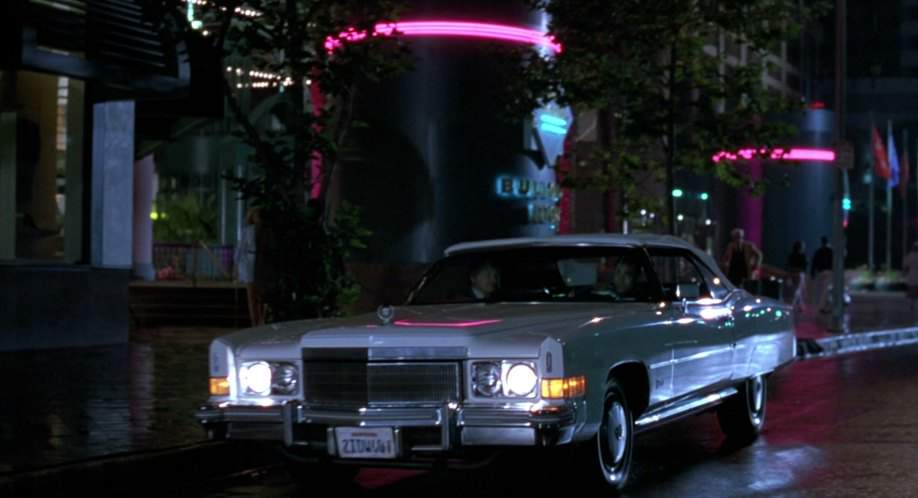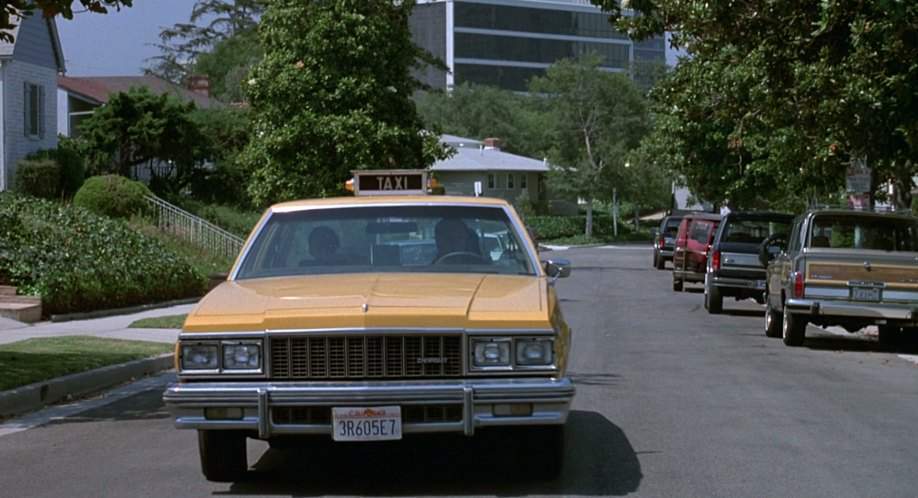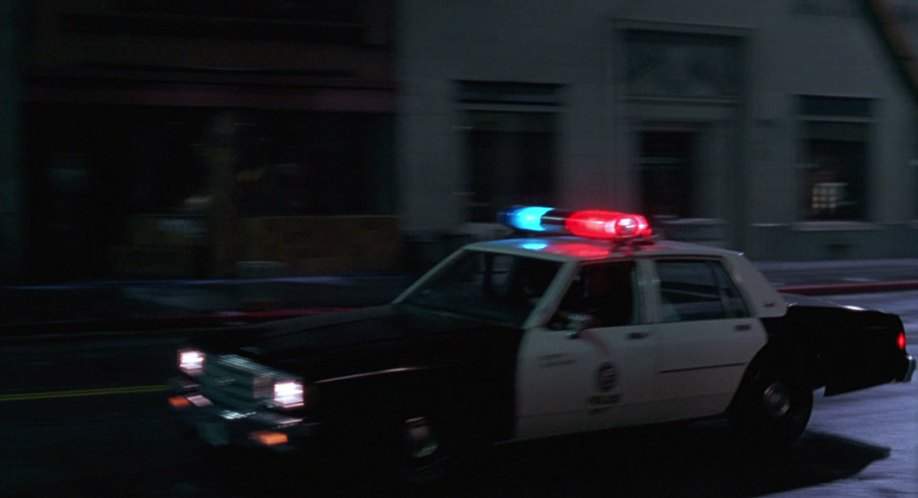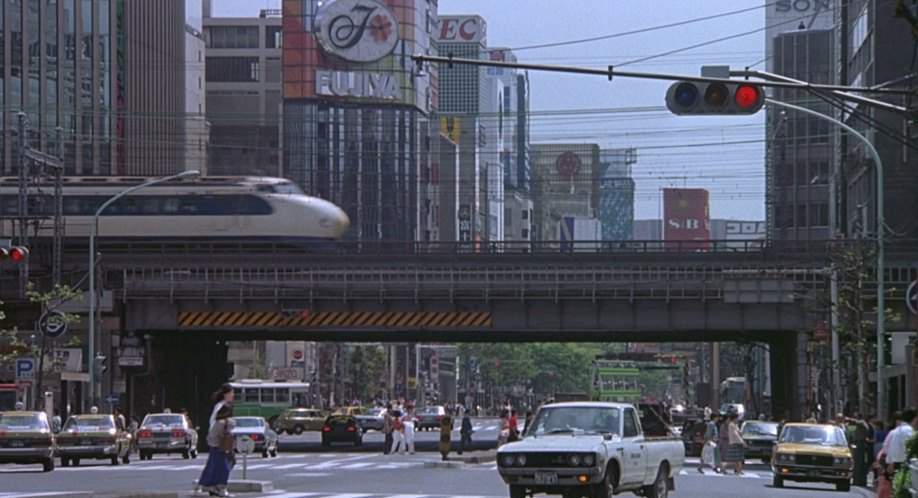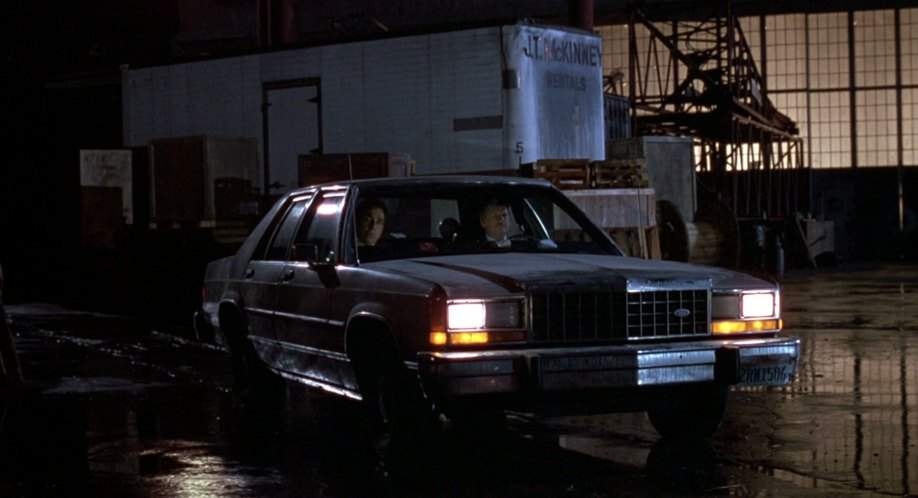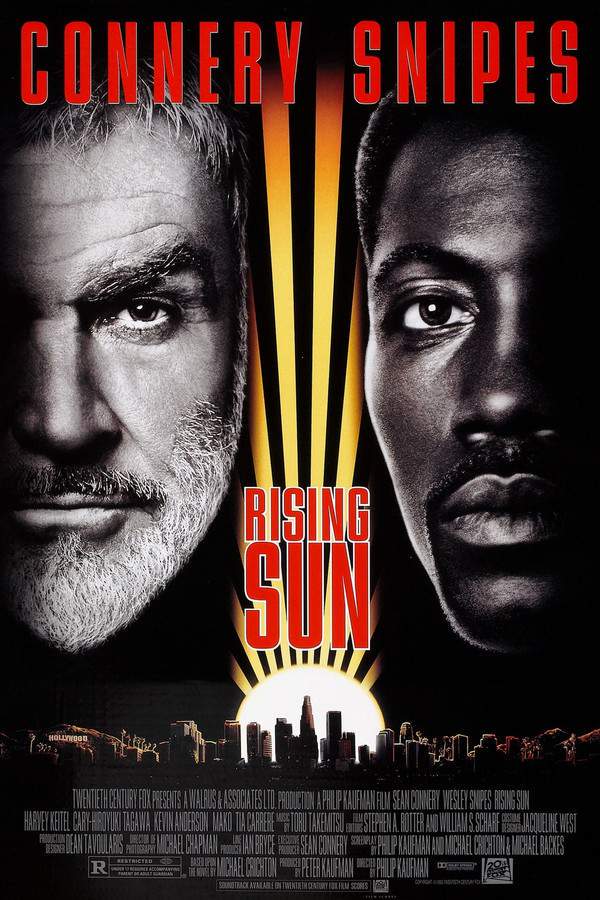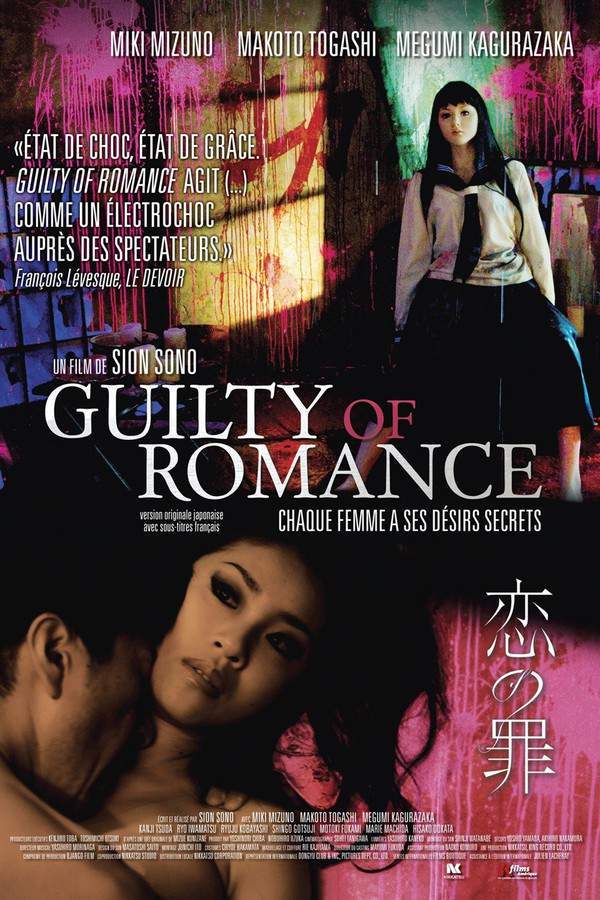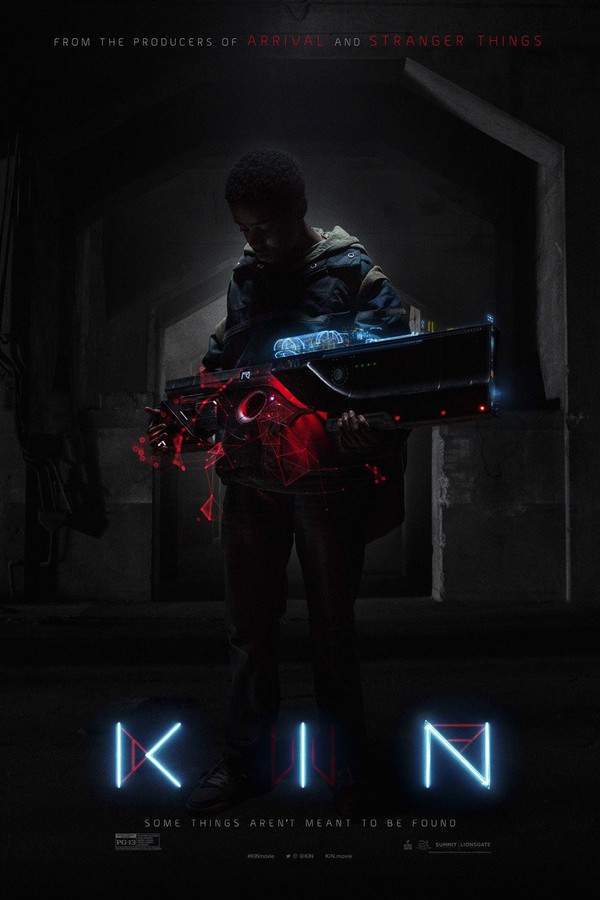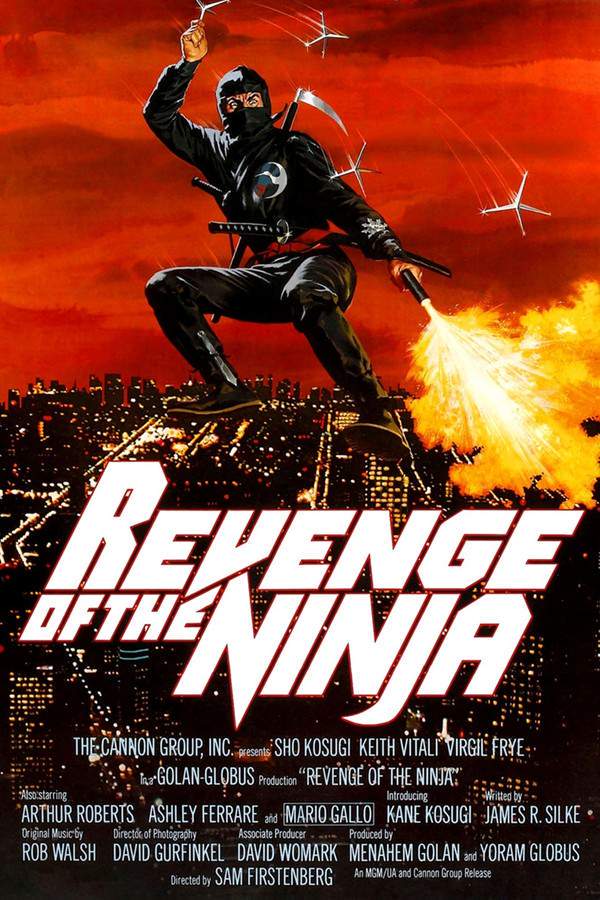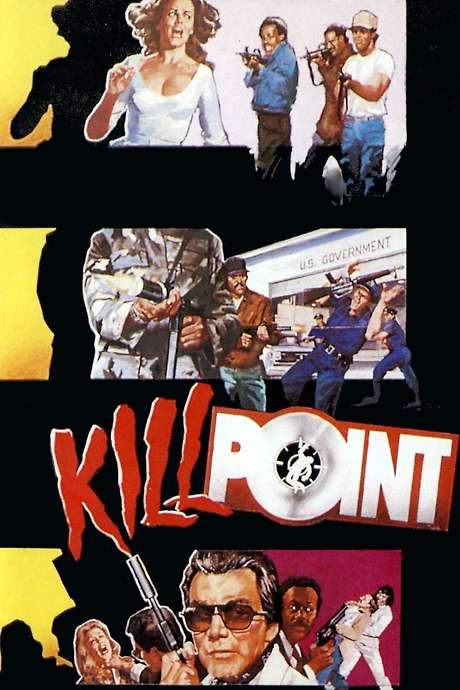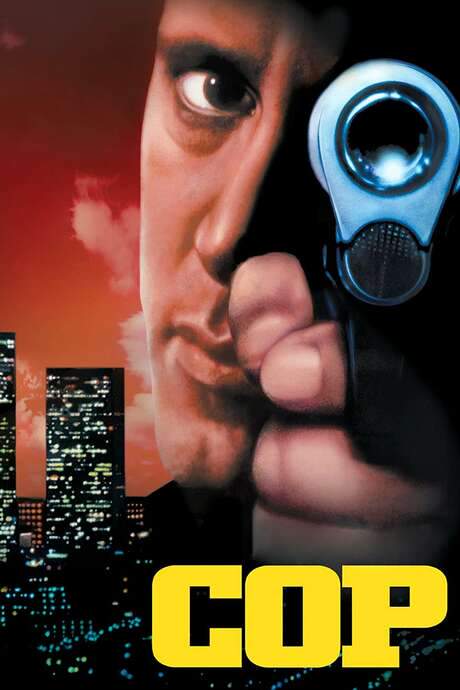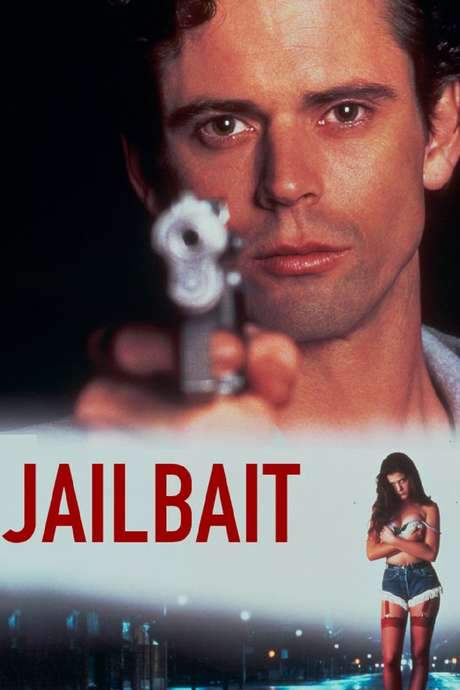Kinjite: Forbidden Subjects 1989
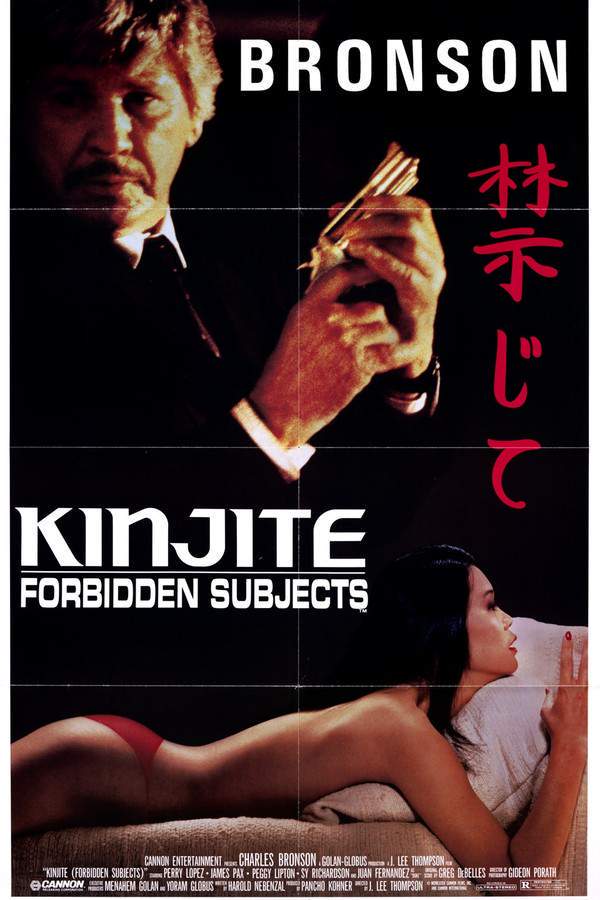
A veteran detective and his partner navigate the dangerous underbelly of Los Angeles, relentlessly tracking a ruthless pimp who preys on vulnerable teenagers. The investigation leads them deep into a world of exploitation and violence as they work to bring him to justice.
Does Kinjite: Forbidden Subjects have end credit scenes?
No!
Kinjite: Forbidden Subjects does not have end credit scenes. You can leave when the credits roll.
Meet the Full Cast and Actors of Kinjite: Forbidden Subjects
Explore the complete cast of Kinjite: Forbidden Subjects, including both lead and supporting actors. Learn who plays each character, discover their past roles and achievements, and find out what makes this ensemble cast stand out in the world of film and television.
External Links and Streaming Options
Discover where to watch Kinjite: Forbidden Subjects online, including streaming platforms, rental options, and official sources. Compare reviews, ratings, and in-depth movie information across sites like IMDb, TMDb, Wikipedia or Rotten Tomatoes.
Ratings and Reviews for Kinjite: Forbidden Subjects
See how Kinjite: Forbidden Subjects is rated across major platforms like IMDb, Metacritic, and TMDb. Compare audience scores and critic reviews to understand where Kinjite: Forbidden Subjects stands among top-rated movies in its genre.

19
Metascore
tbd
User Score


0%
TOMATOMETER

35%
User Score

5.5 /10
IMDb Rating

55
%
User Score
Take the Ultimate Kinjite: Forbidden Subjects Movie Quiz
Challenge your knowledge of Kinjite: Forbidden Subjects with this fun and interactive movie quiz. Test yourself on key plot points, iconic characters, hidden details, and memorable moments to see how well you really know the film.
Kinjite: Forbidden Subjects Quiz: Test your knowledge on the complex themes and characters of 'Kinjite: Forbidden Subjects'.
Who is the main character and Japanese entrepreneur in the film?
Hiroshi Hada
Lt. Crowe
Duke
Eddie Rios
Show hint
Full Plot Summary and Ending Explained for Kinjite: Forbidden Subjects
Read the complete plot summary of Kinjite: Forbidden Subjects, including all major events, twists, and the full ending explained in detail. Explore key characters, themes, hidden meanings, and everything you need to understand the story from beginning to end.
In the midst of a tumultuous marriage, Japanese entrepreneur Hiroshi Hada’s attention is drawn to a woman in the chaotic environment of Tokyo’s subway system. Her silent yet involuntary climaxes starkly contrast with the violent assault happening nearby. Intrigued by this odd phenomenon, his curiosity deepens when he observes a similar occurrence during a bus ride home. Attempting to replicate the situation himself, Hada’s actions provoke a drastically different response from his Caucasian victim, leading to dire consequences: he faces a brutal robbery and assault by a mugger.
As the repercussions of Hada’s reckless behavior spiral out of control, several innocent Asian men fall prey to violence, mistakenly identified as the perpetrator and subjected to savage beatings by bystanders. Meanwhile, Hada’s daughter, Fumiko, finds herself ensnared in a harrowing child prostitution ring controlled by the notorious “Pimp King,” Duke.
In this intricate web of misfortune, Lt. Crowe, father to Rita, a victim of Hada’s previous misconduct on the bus, dedicates himself to finding Fumiko. Initially harboring a strong bias against all things Japanese, his perspective shifts dramatically as he witnesses the unwavering love and commitment the Hada family displays for their daughter—a bond that rivals his own protective instincts as a father.
Eventually, the unlikely pair of Crowe and his partner Eddie Rios successfully locate Fumiko, bringing her nightmare to an end, although the psychological scars from her experiences remain haunted and deep. The vicious leader of the gang, Duke, meets a violent fate at the hands of law enforcement, yet his sinister accomplices manage to escape, leaving behind the chilling knowledge that their malevolent actions will have enduring repercussions.
Later, as the Hadas express their gratitude with gifts at Crowe’s home, a heavy unease cloaks the atmosphere between Hiroshi and Rita—two lives that intersected under tragic circumstances. The fragile hope for closure is brutally shattered when Fumiko tragically succumbs to an overdose, a poignant reminder that the trauma she endured will forever haunt her soul.
As dusk descends over the serene harbor, Crowe and Rios embark on a reckless journey to hunt down the infamous Duke, ultimately discovering him aboard a vessel in the vibrant marina. The confrontation escalates swiftly, resulting in Rios’s brutal demise at the hands of Duke and his remaining gang. However, in a twist of fate, Duke finds himself plunged into the harbor’s depths, struggling against the oppressive pressure of his own fate. With a calculated calmness, Crowe offers Duke a chilling ultimatum: succumb to the merciless tides or risk being rescued by his nemesis. Surprisingly, Crowe opts for the latter, only to intensify Duke’s despair by condemning him to a maximum-security prison known for its depravity and aggressive inmates.
As the cell door slams shut behind him, Duke is faced with a horrific reality: the sickening whispers and dark intentions of his cellmate trap him in a waking nightmare, forcing him to confront the looming threat of sexual assault in a hell imagined by the darkest of minds. As Crowe departs, a sardonic satisfaction mark his face, as if he is relishing the bitter taste of poetic justice that unfolds before him.
Uncover the Details: Timeline, Characters, Themes, and Beyond!

Coming soon on iOS and Android
The Plot Explained Mobile App
From blockbusters to hidden gems — dive into movie stories anytime, anywhere. Save your favorites, discover plots faster, and never miss a twist again.
Sign up to be the first to know when we launch. Your email stays private — always.
Watch Trailers, Clips & Behind-the-Scenes for Kinjite: Forbidden Subjects
Watch official trailers, exclusive clips, cast interviews, and behind-the-scenes footage from Kinjite: Forbidden Subjects. Dive deeper into the making of the film, its standout moments, and key production insights.
Cars Featured in Kinjite: Forbidden Subjects
Explore all cars featured in Kinjite: Forbidden Subjects, including their makes, models, scenes they appear in, and their significance to the plot. A must-read for car enthusiasts and movie buffs alike.
Kinjite: Forbidden Subjects Themes and Keywords
Discover the central themes, ideas, and keywords that define the movie’s story, tone, and message. Analyze the film’s deeper meanings, genre influences, and recurring concepts.
Kinjite: Forbidden Subjects Other Names and Titles
Explore the various alternative titles, translations, and other names used for Kinjite: Forbidden Subjects across different regions and languages. Understand how the film is marketed and recognized worldwide.
Similar Movies To Kinjite: Forbidden Subjects You Should Know About
Browse a curated list of movies similar in genre, tone, characters, or story structure. Discover new titles like the one you're watching, perfect for fans of related plots, vibes, or cinematic styles.
Quick Links: Summary, Cast, Ratings, More

What's After the Movie?
Not sure whether to stay after the credits? Find out!
Explore Our Movie Platform
New Movie Releases (2025)
Famous Movie Actors
Top Film Production Studios
Movie Plot Summaries & Endings
Major Movie Awards & Winners
Best Concert Films & Music Documentaries
Movie Collections and Curated Lists
© 2025 What's After the Movie. All rights reserved.




